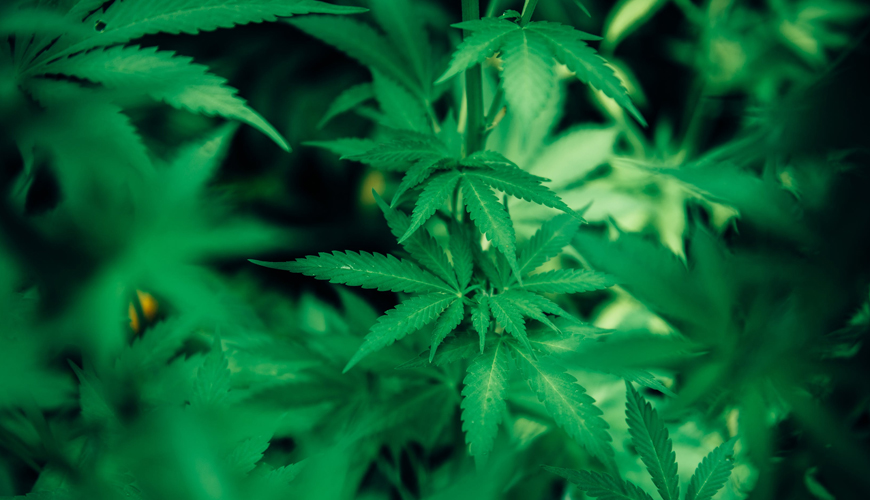Hemp oil is extracted from the stalk of a hemp plant, mainly for its CBD content. Legally, it must have less than 0.3 percent THC.
Hemp Oil Benefits When talking about the benefits of hemp oil, what we are mostly really referring to are the benefits of the CBD within the hemp oil. While there is still a need for higher-quality studies regarding the benefits of CBD oil, the available research and clinical evidence are compelling: 1. Hemp oil for epilepsy - The CBD in hemp oil has been used by patients with recalcitrant epilepsy for decades. A recent retrospective study out of Israel showed significant decreases in seizure activity with the use of CBD-enriched medical cannabis. In this study, 52 percent of patients had a greater than 50 percent reduction in seizure activity. 2. Hemp oil for anxiety - CBD oil has been shown to decrease activity in the limbic part of the human brain, which is responsible for our "fight-or-flight" response. A study in 2011 found that CBD oil significantly reduced anxiety and cognitive impairment compared to placebo. 3. Hemp oil for pain - There are some animal studies that show improved markers for pain and inflammation with the use of topical hemp oil. However, most of the current data studying the benefits of cannabinoids for pain show the combination of CBD with THC to be the most effective for pain. 4. Hemp oil for Alzheimer's disease - A small study on mice in 2014 showed that CBD oil prevented the development of social recognition deficit, which is a common occurrence in Alzheimer's disease. But more research is needed to validate these findings in humans.
How To Choose A Hemp Oil Product When deciding which hemp oil to use, these are the criteria you should look out for: • The hemp plants should be 100 percent organically grown to minimize exposure to pesticides. • The hemp oil should be extracted using CO2, ethanol, or olive oil. If opting for olive oil, make sure you store in a dark, cool place to prevent rancidity. • Ask for a third-party certificate of analysis. This paperwork will show the chemical composition of the hemp oil and also show if there are any unwanted contaminants such as toxic heavy metals. • If choosing to use a vape pen, check to make sure propylene glycol is not used as a thinning agent. This chemical, when heated, can create formaldehyde, which has carcinogenic properties.
How To Dose Hemp Oil Here are a few guidelines when trying to determine the optimal dose of hemp oil to use: 1. Remember that everyone is different. Each person has a different genetic and biochemical makeup. This means people will respond to different doses of CBD, so you will have to test to see which doses are best for you. 2. Start low and go slow. Start at a lower dose of hemp oil and increase slowly to achieve the desired effect. Remember that if you choose an oral product, it can take 30 to 90 minutes to notice any benefit. 3. Take a few small doses over the course of a day. Spacing out your doses—rather than one large dose once a day—can help you maintain adequate blood levels. 4. Know that more is not always better. Sometimes smaller doses can have a more substantial effect than larger doses. Remember that you are genetically and biochemically distinct from everyone else and need to discover the best dosage for you. 5. Check with your health care provider. This is especially relevant if you have any medical conditions or are pregnant, breastfeeding, or taking medications. At higher levels, CBD has been shown to interact with common medications.
Hemp Oil Side Effects Though very rare, some people report side effects when using hemp oil. These side effects include low blood pressure, dry mouth, slowed thoughts, lightheadedness, and sedation. Animal studies have not found any toxicity issues with using CBD. In fact, a study in 2006 found that "the available clinical data suggest that CBD can be safely administered over a wide dose range."
As always, because there aren't long-term safety studies, you should always check with your health care provider before starting hemp oil.




Comments (0)